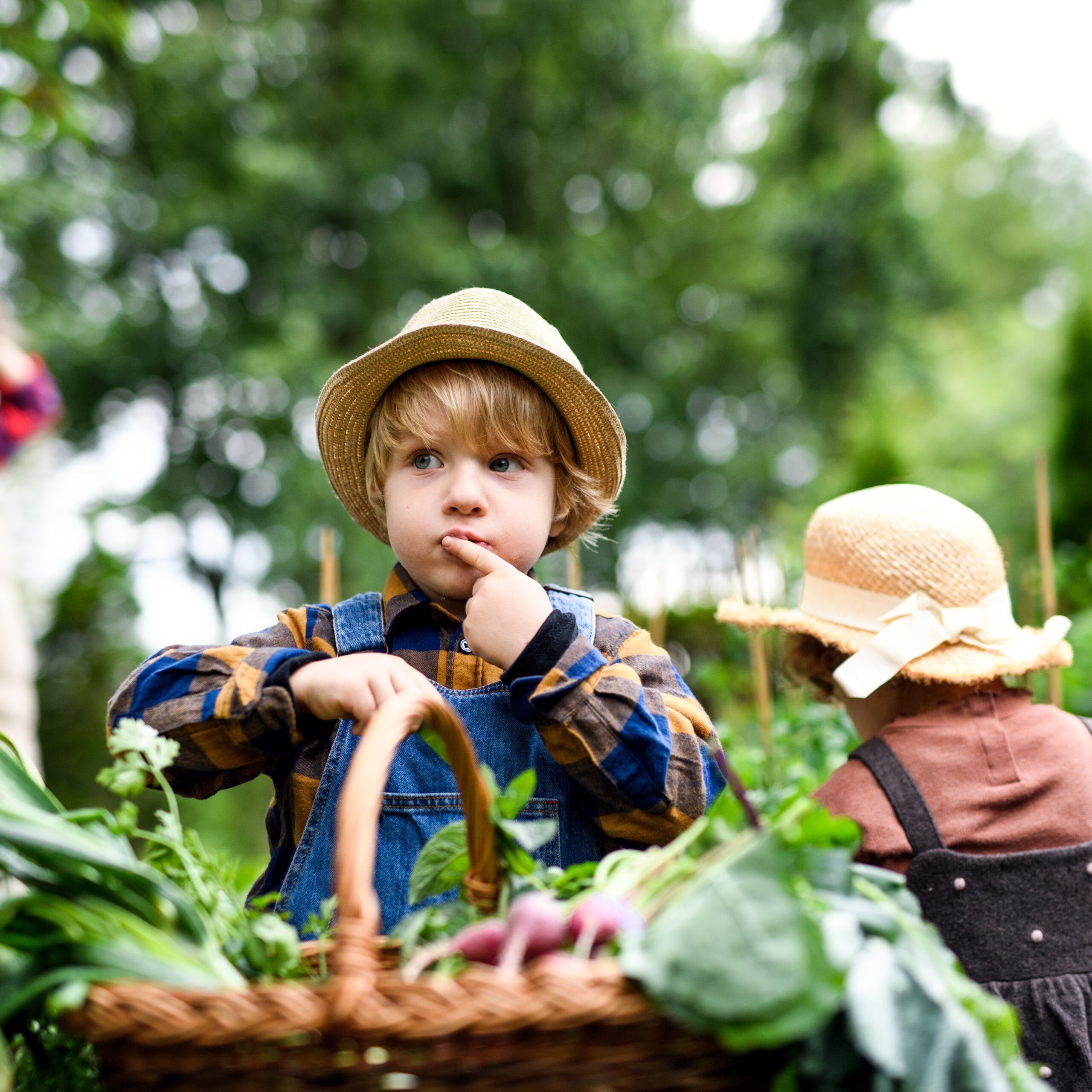
In an overly clean and sanitised world, is it possible that we have become too hygienic?
With allergies, skin issues, asthma, and gut problems on the rise, scientists question whether our need for cleanliness has gone too far. Of course, we need hygiene to keep the nasty microbes away, but what about the friendly beneficial microbes that help form our microbiome?
Microbiome research is a growing area of interest, and we are only just beginning to uncover the hidden world of microbes. So what is all the fuss about anyway? Multiple studies keep popping up to confirm that the microbiome is a significant player and health regulator. Not only does it help to protect our children from chronic health conditions, but it also improves mental health and reduces the risk for allergies.
How is my child’s microbiome established?
A child’s microbiome is established in the first 1,000 days of life. What this means is that their microbiome is highly dependant on their birth, breastfeeding, and toddler journey. If there have been disruptions, like antibiotics in those first 1,000 days, children usually require even more support to develop a healthy and diverse microbiome.
So how do we support children’s microbiomes?
Let your children get dirty
On that note, let’s talk about getting dirty. Allowing children to play amongst the dirt and mud is an excellent way to promote microbiome diversity. Studies have found that the microbes in the soil help to populate the gut microbiome and increase diversity. Not only is soil a source for microbe diversity, but it has also been found to house certain bacteria that activate the serotonergic system, which means that by getting your hands dirty, your body releases serotonin, the happy hormone.
Encourage your children to eat probiotic and prebiotic foods
Once the microbiome has been established in the first 1,000 days, it is essential to maintain it with healthy prebiotics and probiotic foods. Adding these to your children’s daily diet will help to feed and populate their microbiome.
Eat organic whenever possible
It may seem like old news, but it needs to be mentioned when we are talking about the microbiome. Non-organic foods are covered in pesticides, fungicides, and herbicides, which are literally designed to kill bacteria. So, it does the same to your child’s delicate microbiome that is still developing. If there was ever a time to eat organic, it is in childhood. Children cannot rid the body of all the heavy metals and toxins that coat non-organic food. So, if it comes down to money, it is time to start growing your own and purchasing organic food for the little ones in the family.
Have sugar-free days
Avoiding sugar may seem like an obvious one, but this can be a tricky task when it comes to children. Children will often crave sugary foods. It can be very frustrating. One of the reasons behind this is because sugar feeds the ‘bad’ bacteria in the gut. So the more sugar children consume, the more it becomes dominant, leading to more and more cravings. The way around this is to start by having sugar-free days. Start to introduce sugar-free treats that are disguised as ‘normal’ treats.
Encourage children to grow their own food
It’s popularly known that kids who grow greens will eat greens and other vegetables and fruit, which are all super important to feed our ‘good’ bacteria. The other benefits include:
- Spending time with the family out in nature can help calm children.
- Working with soil helps get your children to improve microbiome diversity.
- Gardening means you do not have to spend loads of money on organic food as you can grow it yourself.
Choose gentle soaps over anti-bacterial soaps
Last but not least, choose soaps that are super gentle on the skin. Save the anti-bacterial soaps for those occasions where they have accidentally landed on dog poo or touched that particularly gross thing. Children don’t need to soap their bodies every time they shower, as it washes away the good bacteria on their skin.
When should you see a health care practitioner?
Signs and symptoms that your child’s microbiome might be out of balance include recurrent colds, infections, skin, gut issues, and repeated use of antibiotics. Every person has different reasons behind microbiome imbalance, so it is essential to find out the underlying cause. If your family is experiencing this, make an appointment with a naturopath or nutritionist to find out how best to support your child’s health and microbiome.
Words by Laila Helena for Endeavour College of Natural Health























